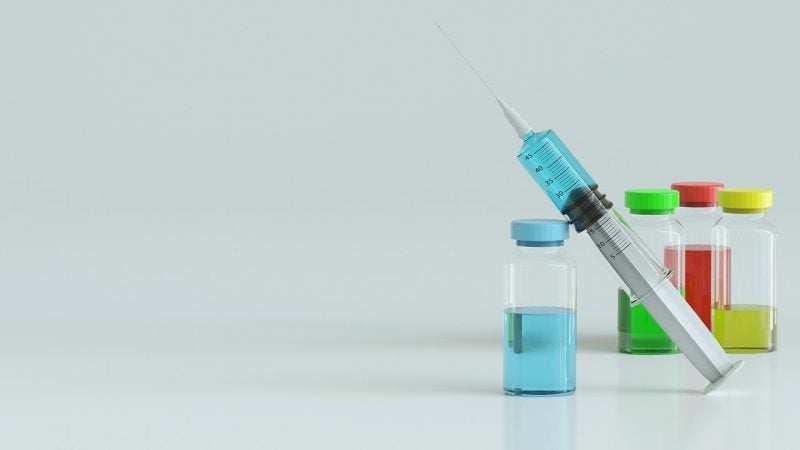
CureVac has secured approval from the German Health Authority Paul-Ehrlich-Institute (PEI) and the Belgian Federal Agency for Medicines and Health Products (FAMHP) for Phase I clinical trial of its Covid-19 vaccine candidate, named CVnCoV.
Designed as a mRNA vaccine, CureVac’s product uses nucleotides without chemical modifications in the mRNA to generate a strong immune response. The mRNA encodes the spike protein of SARS-CoV-2 and is made up of lipid nanoparticles (LNP).

Discover B2B Marketing That Performs
Combine business intelligence and editorial excellence to reach engaged professionals across 36 leading media platforms.
CureVac started works for developing a Covid-19 vaccine candidate earlier this year. Following characterisation of multiple potential candidates, CVnCoV was finalised for further development.
The selection process considered humoral and cellular immunogenicity data, balanced immune-response, and speed and capability for large scale manufacturing, said the company.
CureVac acting CEO Dr Franz-Werner Haas said: “During the last few months our team has put a lot of efforts into the preclinical validation of several vaccine candidates to select an optimal construct.
“We are confident that our early optimisation work will provide a safe and effective low dose vaccine. In parallel, we are already producing large quantities of this trial medication under GMP conditions.”

US Tariffs are shifting - will you react or anticipate?
Don’t let policy changes catch you off guard. Stay proactive with real-time data and expert analysis.
By GlobalDataThe Phase 1 dose escalation trial will assess a dose range of 2µg to 8µg in 168 healthy volunteers aged 18 to 60 years. The objective is to establish the optimal dose while investigating the safety and immune profile of the vaccine candidate.
First participants will receive the vaccine at the Institute for Tropical Medicine in Tübingen, Germany; Ghent University Hospital in Belgium; Tropical Institute of the University Hospital Munich, LMU in Germany; and Hannover Medical School in Germany.
CureVac chief technology officer Dr Mariola Fotin-Mleczek said: “The data we generated in various animal models indicated that the vaccine candidate induces high virus neutralising antibody titers compared to sera from patients who recovered from Covid-19 disease.
“Immune response induced by our vaccine candidate was well balanced and included the generation of spike protein specific T cell responses. We now look forward to confirm these results in humans.”
The company secured financial support from the Coalition for Epidemic Preparedness Innovations (CEPI) to develop the vaccine candidate.





